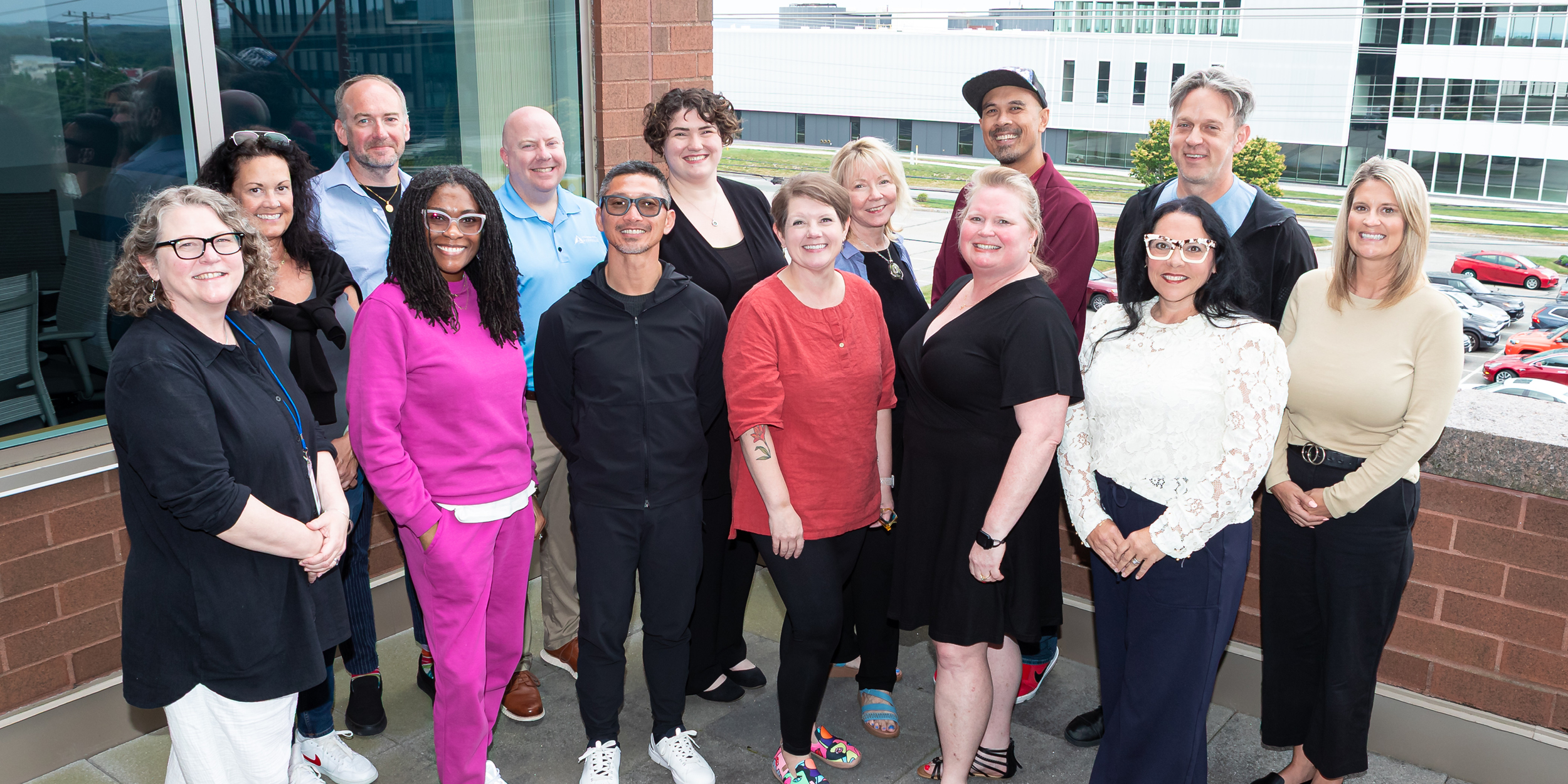STEM Education & Workforce Development
EDC creates a strong innovation workforce by transforming P-16 STEM learning and training, leading research and evaluations, and partnering with multi-sector leaders to fuel workforce readiness and success.

We ensure learners are ready to meet the needs of STEM employers. Through high-quality curricula, teacher development, and career pathways and training, we prepare youth for the world of work and help adults succeed in STEM jobs. Our studies identify and share effective strategies to sustain a future-ready STEM workforce.
From farming to health fields to AI, most jobs demand solid STEM skills. To meet this need, we propel STEM proficiency at every age and stage. Starting in preschool, we partner with teachers and families to enrich STEM learning. From K-12, we spark interest in STEM careers and build key competencies.
For decades, we have led efforts to infuse work-based learning into high schools, strengthen career and technical education (CTE). and rebuild career training to strengthen the STEM workforce. We work with STEM industry leaders to understand emerging fields and trends. Then, we partner with leaders from schools, community colleges, workforce programs, government, private foundations, and other sectors to revitalize learning to meet industry needs.
Across the U.S. and around the world, we create STEM apprenticeship, entrepreneurship, and career learning programs that support economic growth. A few key P-16 initiatives include Young Mathematicians, Interactive Audio Instruction, Data Paths, Integrating AI Literacy Into Community Colleges, Work Ready Now, and our 20 years of partnering with Ford Motor Company Fund on Ford Next Generation Learning.
Our Work
Featured Project
Integrating AI Literacy into Community College Programs
In this education R&D project, EDC is working to increase the AI literacy and skills of students in two-year community colleges, as part of a collaboration with 5 community colleges across the U.S.
Read more









